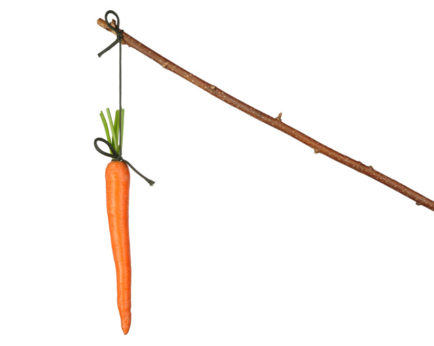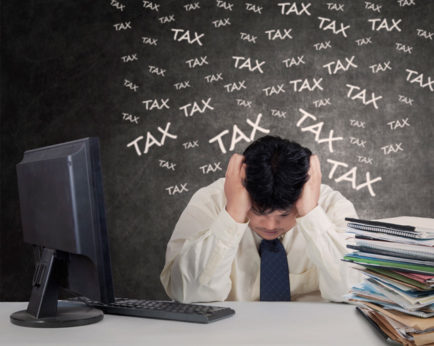
Teamwork: In-house economists make analysts more accurate
In periods of economic downturn, analysts’ forecasts are generally more optimistic than conditions warrant. On the other hand, analysts are very accurate reflecting positive signs. But new research shows that when analysts have access to an in-house economist, they are less likely to paint a rosy picture about discouraging news, making their work more valuable to investors.






